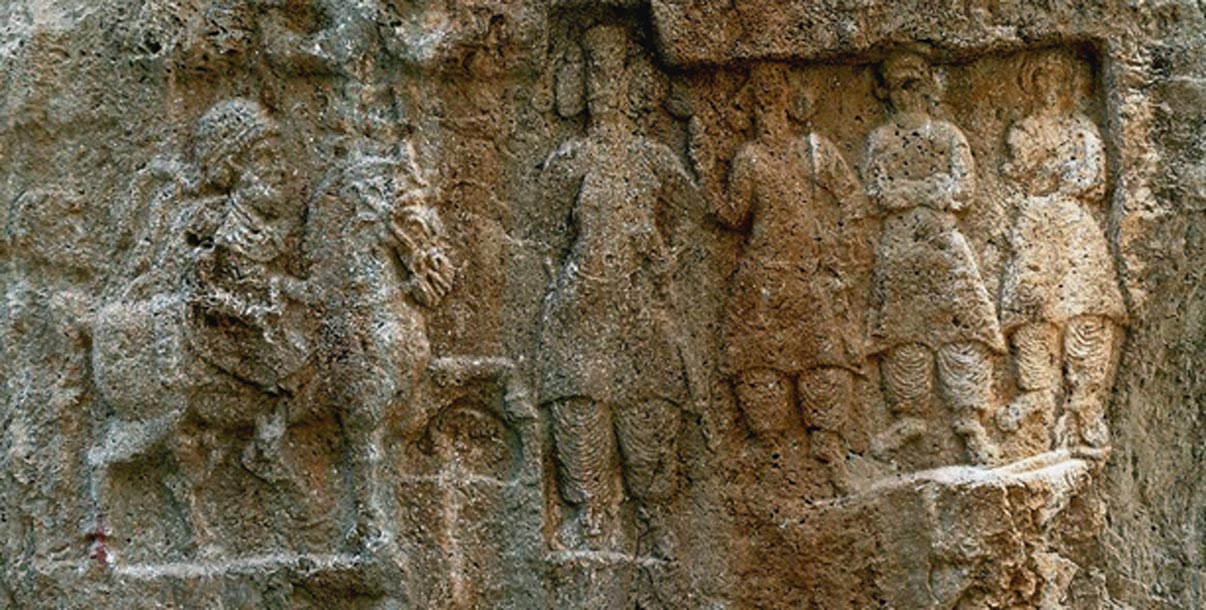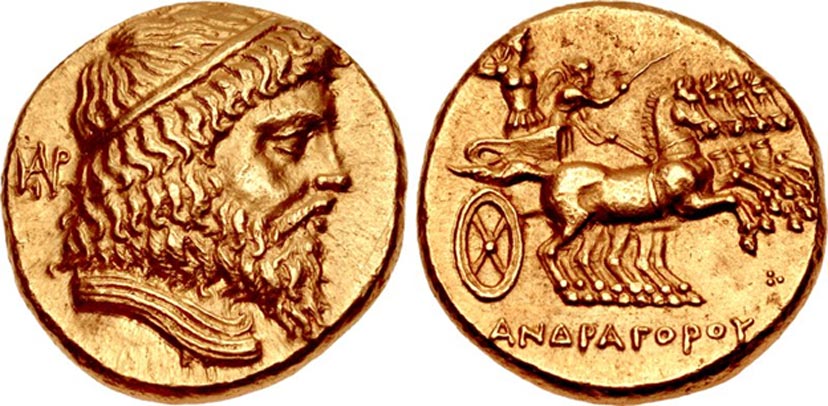
The Rise of the Arsacid Dynasty: Shifting Politics and Military Maneuvers – Part 2
In order to understand why Arsaces I, King and founder of the Arsacid dynasty raided and eventually conquered Parthia, we must first look to Bactria.
It is no question that Arsaces made his living by pillaging. But, according to Strabo, the pillaging taking place was against those who did not pay tribute.
(Read Part 1 - The Rise of the Arsacid Dynasty: Medical Mysteries and Rightful Heirs)
As mentioned, it seems evident that Arsaces’ “flight from the enlarged power of Diodotus” could indicate two possibilities.
The first proposal is that Arsaces continued pillaging Bactrian villages and caravans along the trade routes. Because of this, Diodotus, who held a considerable amount of power, confronted Arsaces and drove him out.
The second proposal could be that Diodotus either met Arsaces or sent an envoy to make a quasi-peace treaty to receive temporary peace by providing tribute. Remember, Strabo mentions, “Such is the kind of life which the other Nomads also lead, continually attacking their neighbors, and then making peace with them.”
Either Arsaces’ periodic raiding ended with force or tribute, or perhaps a combination of both. But given the passages of historians Strabo and Justin, it would seem that Arsaces was confronted, did not engage militarily, but realized that the military forces of Bactria were a far stronger. Arsaces turned his forces around and headed back into his lands. While at Kopet Dagh, Arsaces received news that Andragoras, satrap (governor) of Parthia, had broken away.
Leaving the Empire
It would be hard to believe that Andragoras was unaware of the vulnerability he placed himself in by separating from the empire. Andragoras declared independence after receiving news of the unexpected death of Antiochus II, Greek king of the Hellenistic Seleucid Empire, in Ephesus. The satrap knew that the death of his king would lead to succession uncertainty and a potential war for the throne. Therefore, Andragoras detached himself from the empire until he felt comfortable enough to rejoin the fold.

Coin of Andragoras, the last Seleucid satrap of Parthia. He proclaimed independence around 250 BC. (Classical Numismatic Group, Inc. http://www.cngcoins.com /CC BY-SA 3.0)




